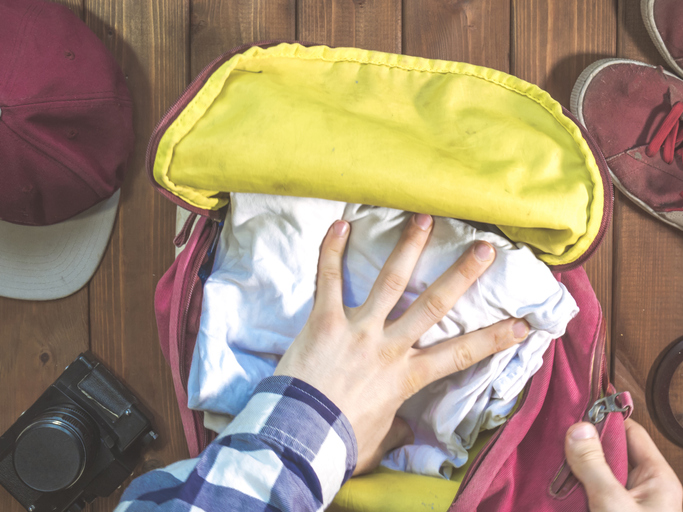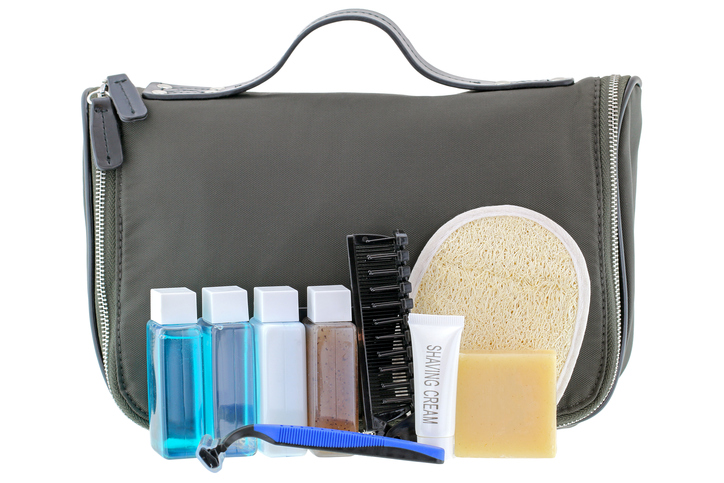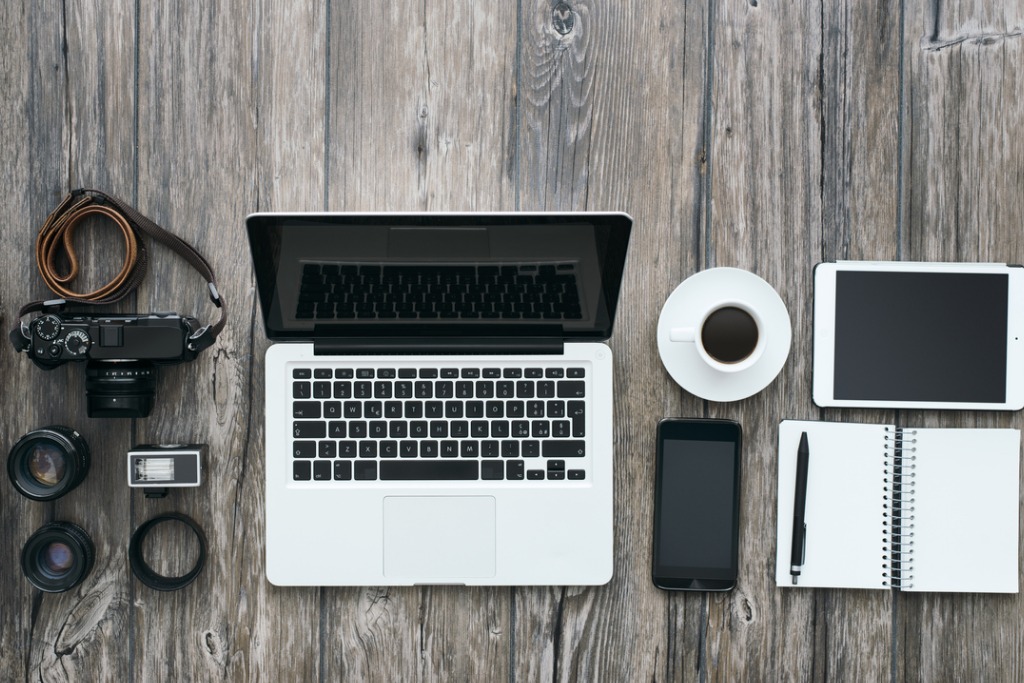So, you’re finally going on that backpacking trip you’ve been planning for months; but, you still have to pack, and you’re unsure of how to fit everything in your bag. If any of this sounds familiar, don’t worry, we’re here to help.
It takes a bit of practice to figure out the best way to pack a backpack, but it’s totally worth it! Packing smarter and lighter helps you avoid backaches, ripped zips, extra check-in fees and other packing nightmares. Here are our backpack packing tips for beginner backpackers:
1. Get The Right Backpack
So, you might be asking yourself, why a backpack? And why not just get a bag with wheels? Well, backpacks are a lot more versatile than bulky wheeled suitcases. You can easily tuck them under seats, in lockers, run with them, and keep them clear of wet or muddy paths.

But, once you’ve chosen to take a backpack, you still need to know which one to take. It’s important to choose the right backpack, one that isn’t too small, and also isn’t too big. A good bet is one between 40-60L (as long as you’re not camping or hiking). Remember to also carry along a small day bag for everyday use.
Also Read: Are These Brands Giving You The Right Travel Backpack?
2. Don’t Overthink, Don’t Overpack
Once you’ve chosen a smaller backpack, it’s important that you don’t pack too much. Just take stock of everything you want to take and set aside anything you don’t absolutely need. Nevermind how comforting the thought of “more stuff” might feel, try to resist the urge to be overprepared; even if you forget something, you can usually buy it there. Your future self will thank you.

There are two tips to keep in mind to avoid overpacking: (1) don’t pack more than a week’s worth of clothing; you can wash them and re-wear, and (2) try to keep a quarter of your bag empty; this makes taking things out easier and gives you space for souvenirs.
3. Pick Versatile Items Of Clothing
Another good way to over carrying too much stuff is to pick clothes that are versatile. Clothes that can be dressed up or dressed down in neutral colours will ensure that you can mix and match outfits easily, creating lots of outfits with just a few items. So, avoid items that you’ll only wear once, like fancy dresses and high heels (remember, you can always buy an alternative if you have an impromptu night out).
Here, we have two more guidelines for you to follow: (1) if you aren’t going to wear an item of clothing at least three times, then you don’t take it, and (2) you should aim to be able to blindly pull out any top and bottom from your bag and pair them together; if you can’t, maybe reconsider the items you’ve chosen.

4. Packing Cubes Are Your Friends
One of our top backpack packing tips is to use packing cubes. Packing cubes will help you save tons of space while simultaneously protecting your clothes, and allowing you to separate them into categories so that you won’t have to sift through the contents of your backpack every time you want something (especially tricky items like socks and underwear). To save more space, you can also roll clothes instead of folding them.
5. Travel-Sized Toiletries Are A Must
If you’re going to stay in a hotel, basic toiletries like towels and soap will be provided, so you don’t need to pack them. However, if you’re staying at hostels and guesthouses, there are ways to keep your toiletries bag as small as possible. First of all, try to avoid using liquids wherever possible, opting for solid soap and shampoo bars that are more compact; secondly, if you must carry liquids, pour them into re-useable travel-sized bottles and ensure that they don’t exceed 100ml (especially helpful if you’re taking your backpack as a carry-on on a flight).

If you need to pack a towel, opt for a lightweight microfiber travel towel, and instead of pads and tampons that can take up lots of precious space, consider a menstrual cup instead. Another of our backpack packing tips is to consider using ‘all-in-one’ makeup items like BB creams and bring small sample-sized bottles of perfume.
6. Health Essentials And Doing Laundry
It’s always good to carry a first-aid kit with you, but remember to be practical; unless you’re travelling somewhere really remote, you likely don’t need too many items. Carry the basics with you (such as painkillers, band-aids, antiseptic cream, antihistamine, travel sickness tablets and any prescription medications/contraceptives), and check up on the local names of any other medications you may think you’ll need.
Also, carry along some wet wipes and hand sanitizer. If you’re planning to do some laundry in your hotel sink, like shampoo, you can take along solid detergent bars and a clothesline.
7. Padlocks And Cable Locks Are Absolutely Necessary
A small padlock often comes in very handy, especially if you’re staying at a hostel or a guesthouse. You can use it to lock up your bag or to close the hostel lockers without having to worry about losing the key. Also, take along a cable lock in case you have to secure your luggage to your bunk or seat.
8. Keep Your Tech Stuff To A Minimum
Of course, you’re going to want to take along some electronics and technology with you, whether it’s your camera or your laptop. But try to keep it down to a minimum. Unless you’re planning to work, you may not really need a laptop (and if you are planning to, try to ensure that your laptop is as light as possible); a tablet or a smartphone is probably enough.
 Similarly, if you’re not going to do some serious photography, and you have a good built-in-camera on your phone, leave your bulky cameras at home. What you can take, are e-readers which are excellent (and far lighter) substitutes for books, as well as a universal travel adaptor (which has USB ports).
Similarly, if you’re not going to do some serious photography, and you have a good built-in-camera on your phone, leave your bulky cameras at home. What you can take, are e-readers which are excellent (and far lighter) substitutes for books, as well as a universal travel adaptor (which has USB ports).
9. Create Backups Of Your Documents
Remember to make a few copies of your passport and other important documents to have on hand, just in case they get lost or stolen. Also, make digital copies and either email them to yourself or store them on the cloud so that you can access them if needed.
10. Do You Really Need That Sleeping Bag?
If you’re staying at a hostel, you may want to take along a sleeping bag to avoid using their sheets, but do you really need it? Many hostels these days even ban sleeping bags (due to their bedbug spreading properties), so if you’re still concerned about bedding, take a sleep sack, or a sleeping bag liner which is much more lightweight and compressible.
11. And Those Neck Pillows Too?
Are neck pillows ever really worth it? I’ve never thought so; but if you feel that a rolled-up scarf or a jack can’t do the job just as well, get a compact inflatable travel pillow, which you can blow up when you want to use it (and stays compact until then).
12. Flexible Water Bottles
Always pack a reusable water bottle when you travel. That way, you won’t create lots of (totally avoidable) plastic waste, but can still stay hydrated wherever you go, especially in countries where you can’t drink the tap water. Get a lightweight flexible water bottle (that rolls up when it’s not in use) that will take up much less space in your pack.
Also Read: A Guide To Zero Waste Travel And How To Pack For It
So, there you have it; those were our top backpack packing tips for beginners that prove that packing light is possible for everyone who wants to give it a go. Do you have any tips that we missed? If so, do share them in the comments below.



